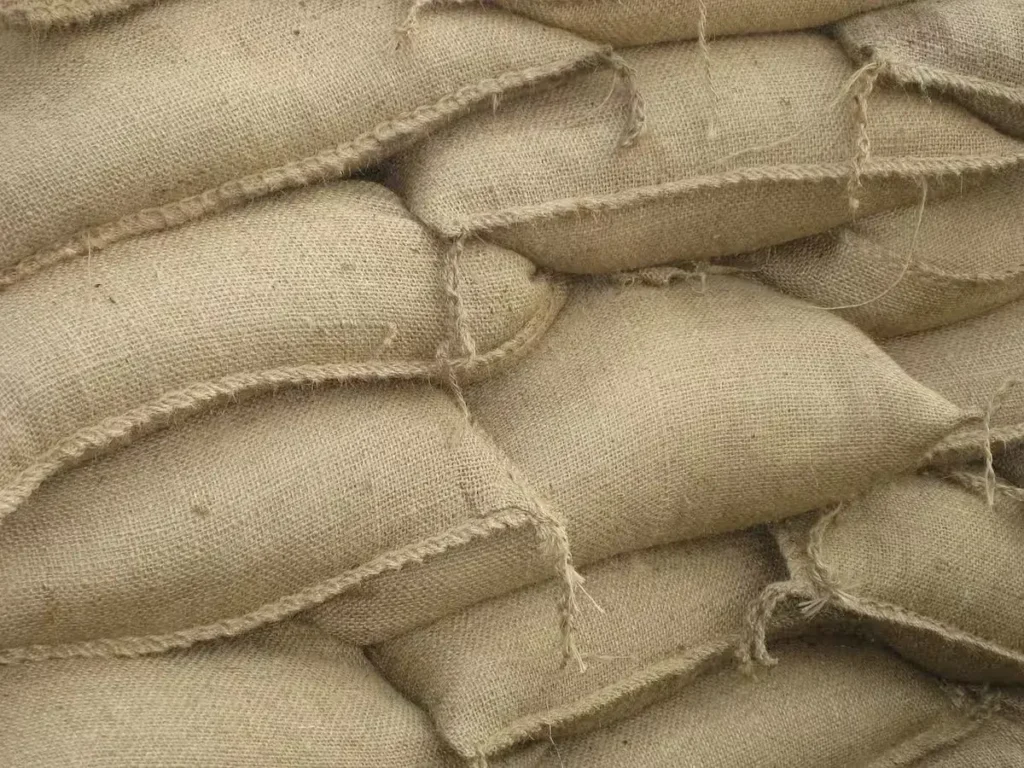India Grapples with Soaring Student Suicides, Advocates Call for Education Reform
India is witnessing an alarming surge in student suicides, prompting urgent calls for a comprehensive overhaul of the education system. The prevailing mental health crisis has cast a spotlight on the need for a paradigm shift in educational approaches, emphasizing holistic development over the current marks-centric system. According to data from the National Crime Record Bureau (NCRB), a staggering 59,239 student suicides were reported between 2018 and 2022, underscoring a pressing need for immediate intervention. In 2018 alone, 10,299 student suicides were recorded, constituting 7.6% of the total reported cases. The gravity of the situation escalated in 2022, with 12,990 student suicides accounting for a similar percentage. Responding to the escalating crisis, the Union Ministry of Education (MoE) has unveiled draft UMMEED (Understand, Motivate, Manage, Empathise, Empower, Develop) guidelines with a core belief in ‘Every Child Matters.’ These guidelines propose the establishment of School Wellness Teams (SWT) tasked with identifying vulnerable students displaying warning signs and providing essential support. Protective measures outlined include fostering positive self-esteem, encouraging peer support, and enhancing students’ life skills to navigate conflicts, failures, and rejection. In an effort to address the issue comprehensively, the MoE has introduced the ‘Manodarpan’ initiative under the ‘AatmaNirbhar Bharat Abhiyaan.’ This initiative aims to provide psychosocial support to students, families, and teachers, prioritizing mental health and overall well-being. Education reform advocates stress the importance of collaboration among schools, parents, and communities to eliminate harmful notions and reduce the social stigma associated with suicidal behavior. Notably, Member of Parliament Annpurna Devi has highlighted ongoing efforts to make expert professional help accessible through ‘Manodarpan.’


